Car makers rarely acknowledge their suppliers. Credit for the car and the technology on board usually goes to the brand, not the hundreds of suppliers that make it possible.
That thinking, however, goes out of the window at the annual Consumer Electronics Show (CES) in Las Vegas, and this year’s partly physical, mostly online event reinforced that to a greater degree than previous years as car brands announced new partnerships with tech companies.

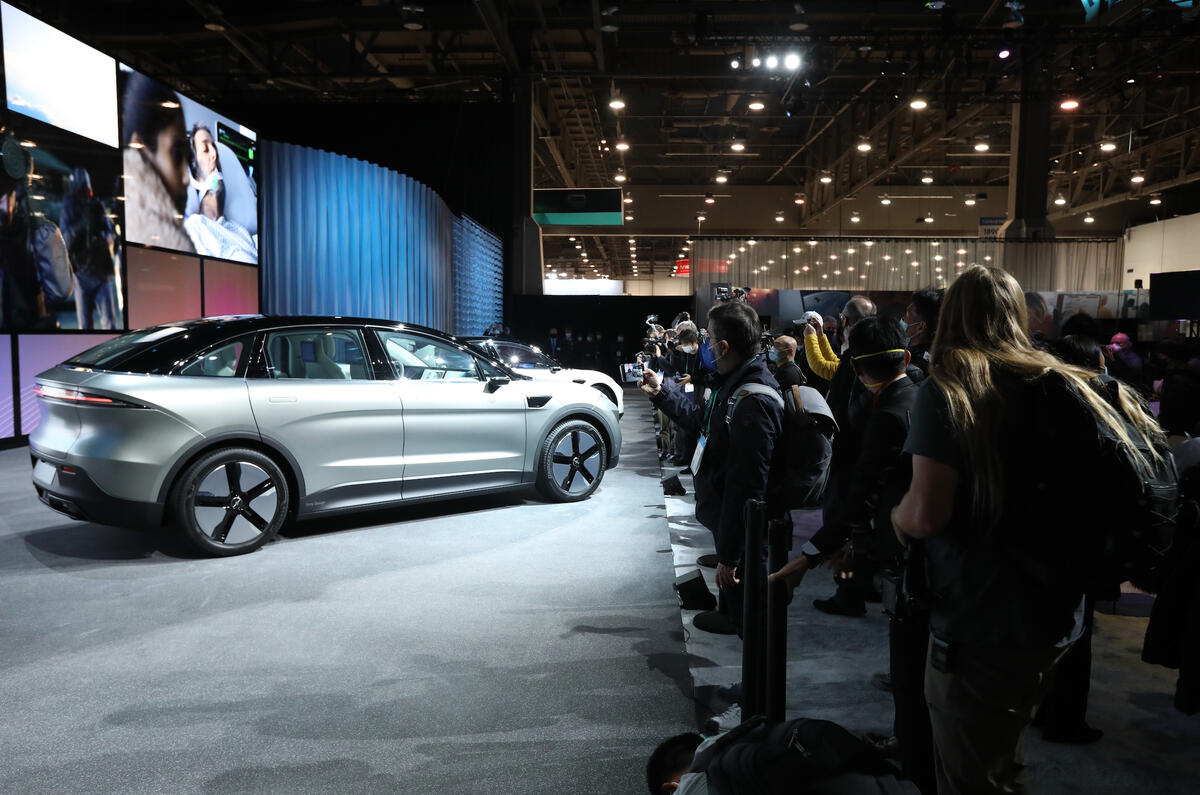
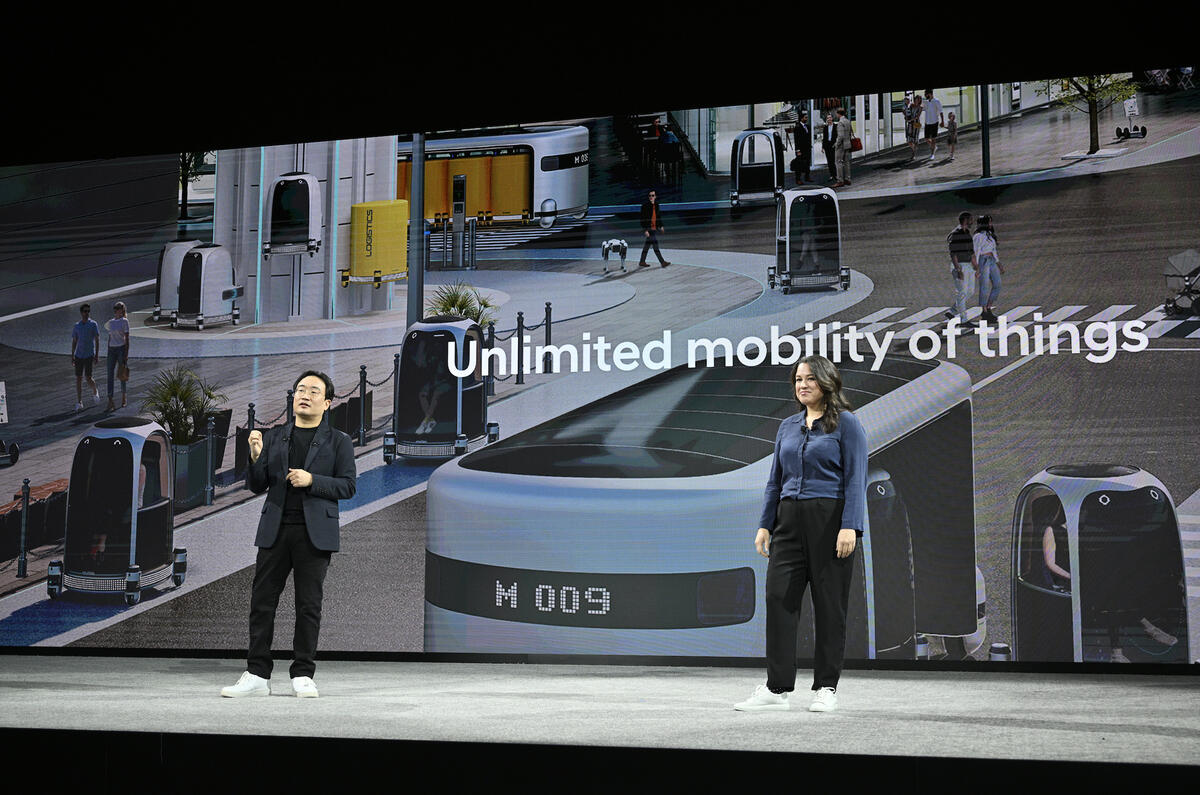
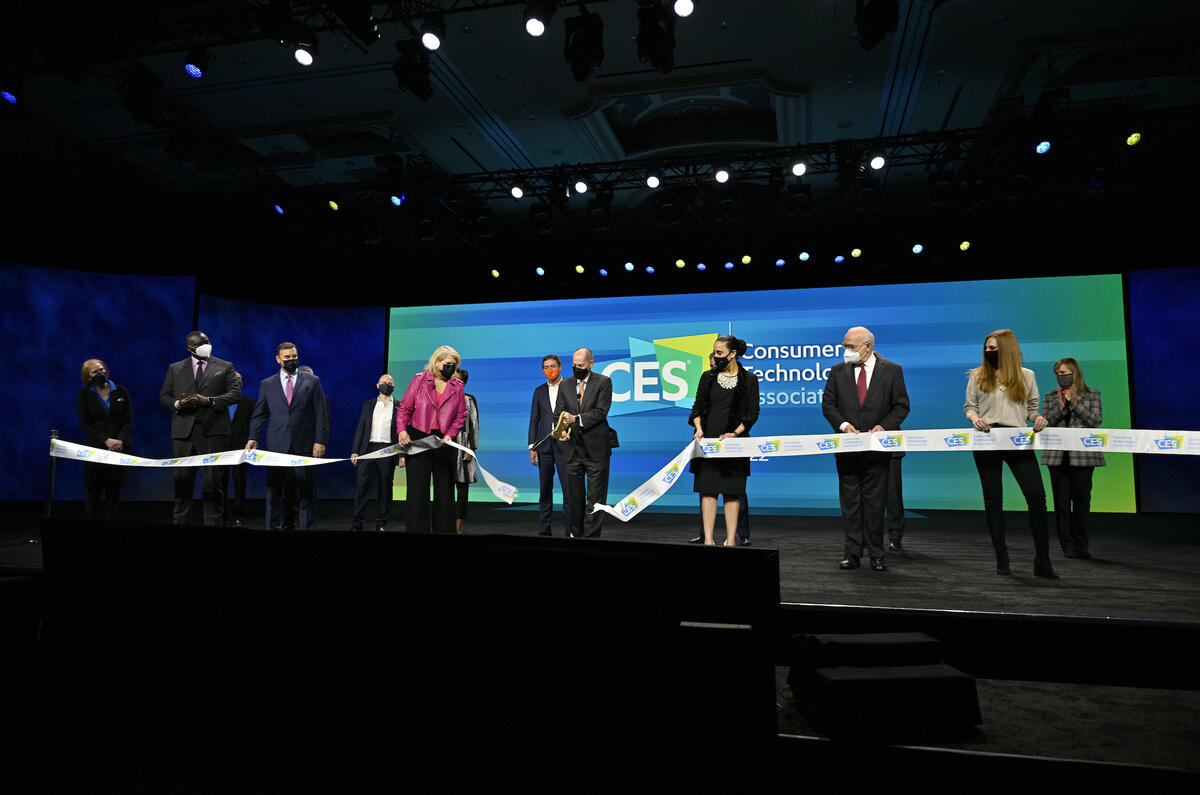
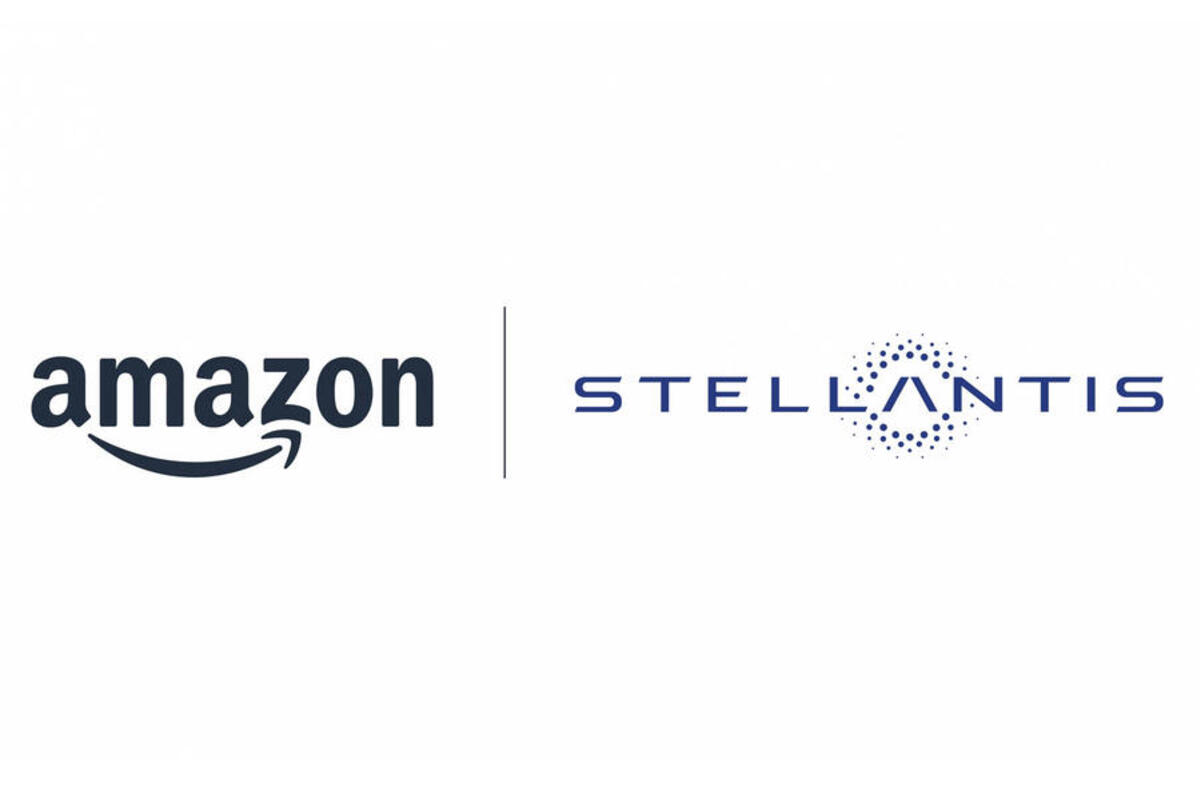

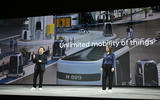

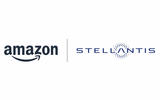


Join the debate
Add your comment
First rate piece, thanks Nick. I was impressed by Stelantis at their press conference. I think part of the challenge that Qualcomm is describing is that the vehicle manufacturers know that their highest margin revenue growth, and an important area of differentiation, is going to be services from the cloud, but as there is no prior art, they don't know what the best technical solution is for enabling it. They don't even know which services are going to be the killer app or the golden goose. It's difficult for a Tier 1 supplier because unlike something like an engine management system or even a cockpit module, they don't have the complete system picture. Years ago, Aptiv talked about enabling a data pipeline to their cloud, but so far nothing has happend, largely I think because they only had the in-car capability and wanted to use it to sell cockpit tech.. Once a vehicle manufacturer works the best way of configuring, buying and managing these services and the tech that delivers them, I think they'll move more of the design and supplier integration back into the supplychain.